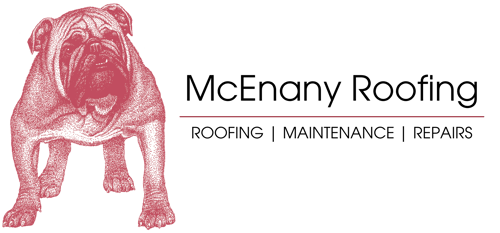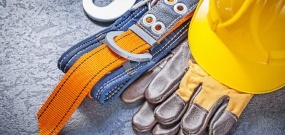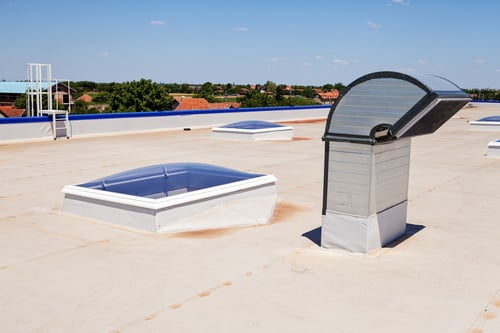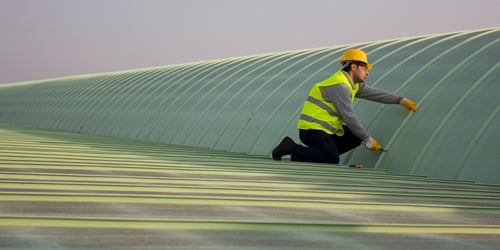As a property manager, it’s important to keep an eye out for the maintenance and care of your property, specifically protecting the big inve...
From the Rooftop

News Alert: How The Tax Cut and Job Act Might Affect Your Next Roofing Project
1 min read
On December 22, 2017 President Donald Trump signed the most comprehensive overhaul of the tax law since 1986. This new law affects nearly ev...

What’s The Danger Of Hiring Someone That Is Not Insured To Do Commercial Roofing?
3 min read
Every property manager and landlord dreads this day, but eventually, everyone has to deal with it. It could be any number of things that go ...
-088080-edited.jpg?width=500&name=iStock-155665251%20(1)-088080-edited.jpg)
Should You Replace or Repair Your Commercial Roof?
3 min read
A damaged roof can result in problems throughout your building. The difference in the cost of commercial roof replacement versus repair can ...

Why Hiring a Commercial Roofer with a Reputable Safety Program Is Good Business Sense
4 min read
As a landlord, property manager, or CEO, you have to consider the overhead of actually ensuring you keep a roof over your head. However, it’...

3 Lessons Hurricane Irma Taught Commercial Property Owners
2 min read
"Wind is expected to have caused between $2.5 billion and $4 billion in commercial loss."This startling figure was reported by CNBC in the w...

The Consequences of Inaction When the Need for Commercial Roof Repair Is Ignored
4 min read
If you’re starting to see signs of commercial roof damage, don’t wait to discuss it with your contractor. What seems insignificant to you no...

Don’t Wait Until It’s Too Late! Why Routine Inspections Are Vital to Your Commercial Roof
1 min read
Your building’s roof is one of your most valuable business assets. It is your first line of defense against the damaging effects of severe w...
.png?width=180&height=177&name=McEnany-Roofing-Logo%20(1).png)

